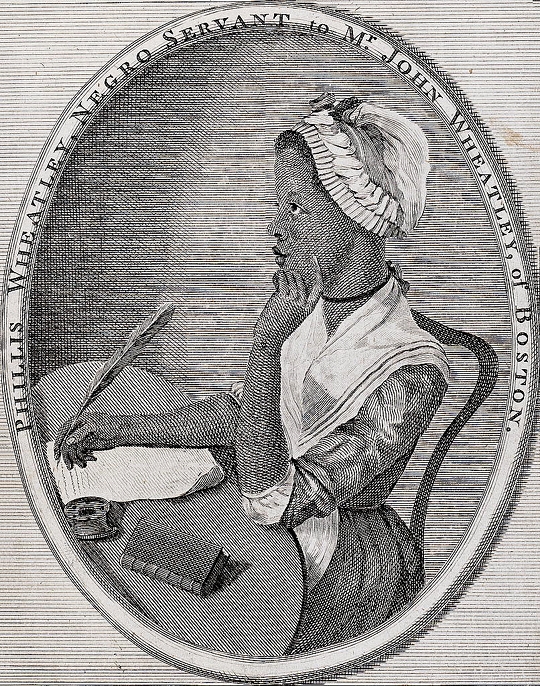I’ve been watching DC’s Legends of Tomorrow lately, and I have thoughts.
While it doesn’t have quite the heart of The Flash or Supergirl, it’s a worthy show despite the large quantities of cheese and many plot holes. It’s an ensemble cast – something I generally enjoy, especially if it’s well done, and the writers do some things well with it.
Most notably, they avoid the tropes of That One Kickass Woman or That One Black Character. There are two kickass women, one of whom is also one of the two black characters, which fixes the tropes much more than you might think. Because when you have two of some kind of character – like two criminals, or two physicists, both of which the show also has – you can make them different from each other, and all of a sudden you don’t have a single person standing in for their whole group of people and the implication that the group is all alike – if you’ve seen one, you’ve seen them all. They can be fully realised, complex characters with their own stories, who also happen to be physicists, or criminals, or black, or kickass women. That becomes one dimension of a multidimensional character. (There’s only one character who isn’t straight, though, unless Snart is asexual, which I’m starting to suspect.)
There is a terrible shortage of nerds on the show, despite a bit of Trek love at one point. Nobody has mentioned Doctor Who so far, even though there’s a British guy with a time machine; and when they went to the 1980s, nobody referenced Back to the Future, either.
Still, despite the occasionally clunky SFX, self-contradicting plot and abundant ham-and-cheese, I’m enjoying it. I’m going to watch some more right now, in fact.
